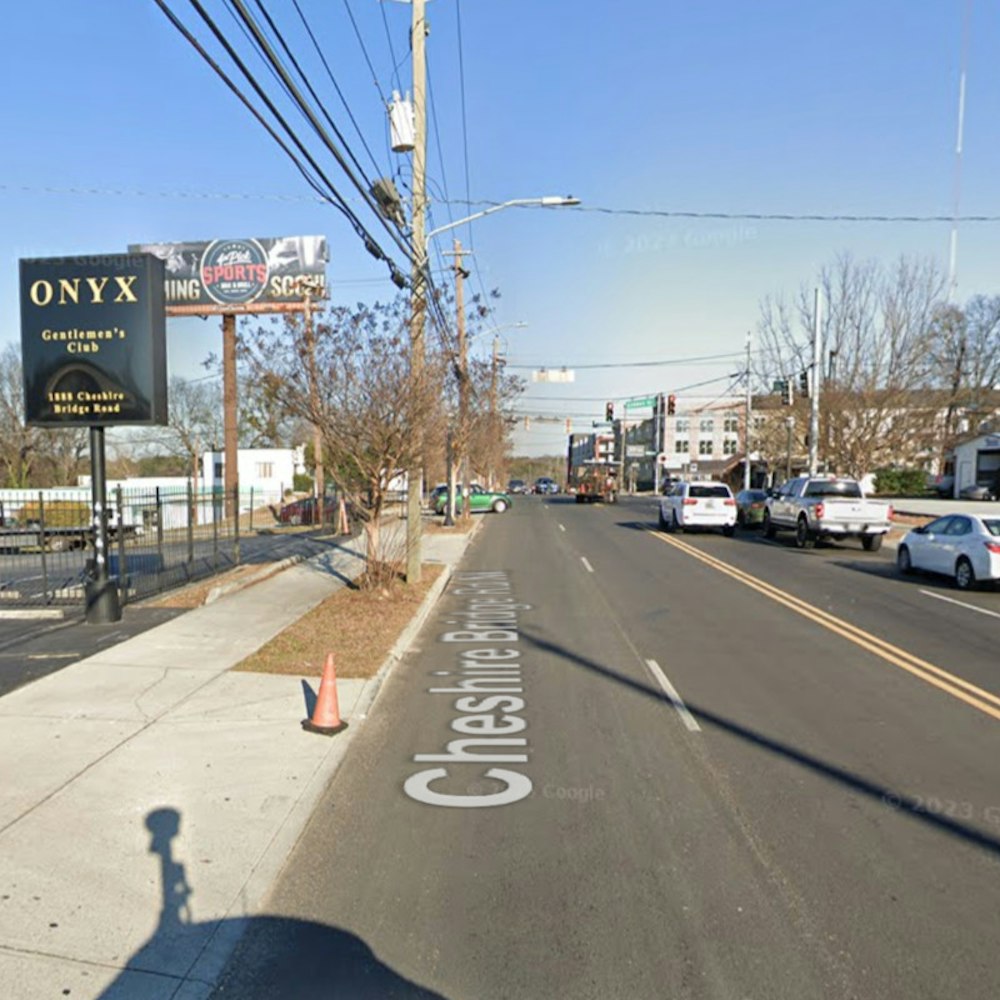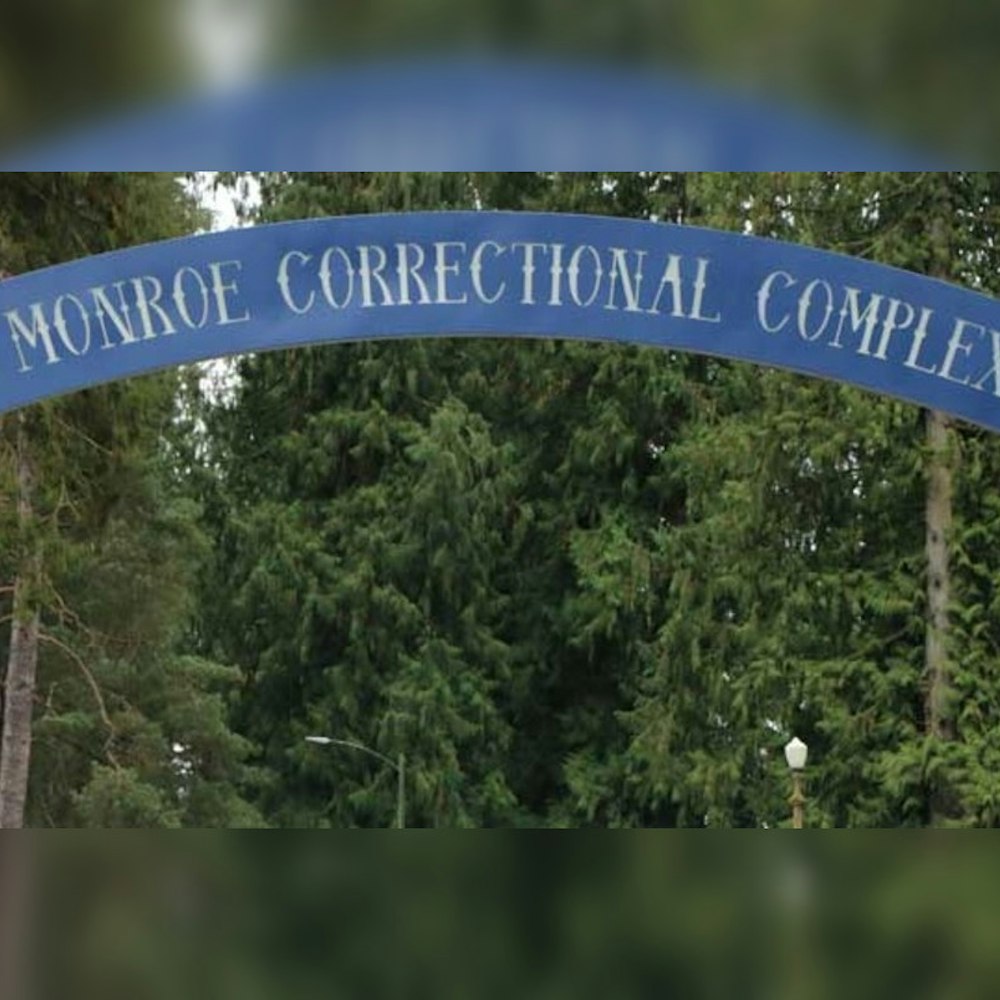
In a move to corral the burgeoning hemp-derived products market, Tennessee Governor Bill Lee put pen to law, signing new legislation that sets a 21-and-over age limit for the purchase of items like delta-8, a compound akin to the high provided by marijuana. With this signature, Nashville wades into the regulatory waters that will finally see taxation and oversight on a hemp industry that has, till now, expanded in the state without significant government interference, according to The Tennessean.
The hemp-derived cannabinoid market in Tennessee, estimated to be worth about $200 million, has been a free-for-all since the 2018 federal farm bill gave broad legal sanction to products that could mimic the buzz of marijuana, these new regulations mark a considerable shift, but they come at a time when counterparts, including Delta-8 and Delta-10 THC, have skirted prohibitions for over half a decade, changing just a molecule here and there to stay ahead of legislative curveballs—a complexity not lost on Speaker of the House Cameron Sexton. "There's definitely some issues with Delta-8. It's kind of like when we were dealing with synthetic meth a number of years ago," Sexton stated, lamenting the challenges in legislating the ever-morphing substance, as WKRN reported.
While Tennessee has notably dragged its feet on the legalization of marijuana—remaining one of the last states with stringent prohibitions and hefty penalties for possession—the presence and popularity of Delta-8 has grown exponentially. Delta-8 and marijuana are practically chemical twins, much like siblings who share physical traits but differ in demeanor, users of Delta-8 reap comparable benefits to those of illegal marijuana since the 2018 Farm Bill cleared up its legal standing allowing retailers across the state to stock it, despite a lack of regulation on dosages or purity standards,
Tennesseans, in the absence of legal marijuana, have been turning to Delta-8's buzz, the so-called "reefer loophole," as a higher alternative to the sober CBD offerings; a substance indiscernible from prohibited Delta-9 THC on drug screenings, yet it has captivated consumers, fuelling a demand that now lords over the state's legal cannabis sphere, according to the Tennessee Lookout. And while the nation watches neighboring states like Mississippi embrace medical marijuana, Tennessee’s regulation of Delta-8 is a clear indicator of the state's acknowledgment of a market it can no longer afford to ignore, albeit without the broader legal acceptance of its infamous cousin.









